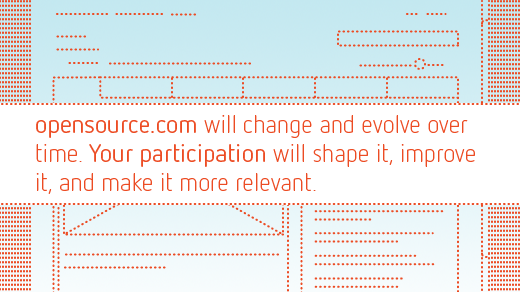Earlier this year, we announced our launch of a points and badge system. Many of you are on the site daily, voting, rating, commenting, and earning points to show your activity. Over the next few weeks, we plan to wrap up the beta phase of this system. We will also start exploring a few enhancements that focus on point transparency and community recognition.
Many of you have asked for details on how your points are being earned (an audit trail) and for some type of points leaderboard. We think these are great ideas and are investigating how Drupal can provide this functionality. We want to be sure that we are making site enhancements that will positively impact our community members.
As of this posting, we have over 40 community members that have earned the Rock Star badge. Several of you are just a few points away. But what's next?
When the opensource.com team was brainstorming and making the first draft of the points and badge system, we wanted to make the Rock Star badge (technically a role in Drupal) into something you had to warm up your vocals for, yet keep it achievable. I think we're at the point we're we should consider what the next level is--and what we should call it.
Here's where you come in. Help us determine what life after a Rock Star is for opensource.com contributors. Shout out in the comments on the following questions:
- Should the next point level be 500 points or 1,000 points?
- What would you name this badge / role?
Remember, our current badges are:
- Newbie (0-9 points)
- Community Member (10-29 points)
- Open Enthusiast (30-99 points)
- Rock Star (100+ points)






14 Comments